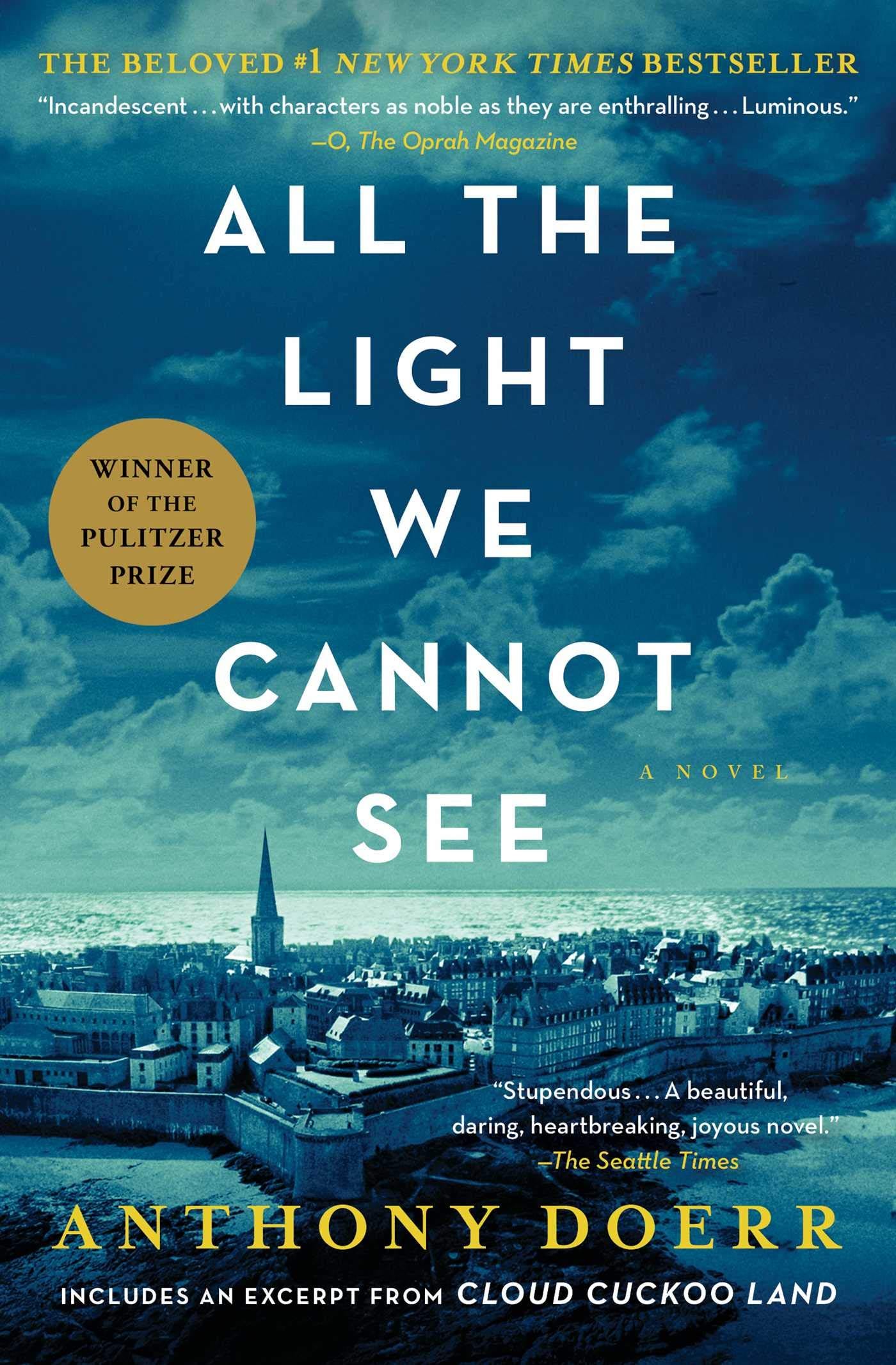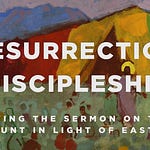In a social media post this past week, pastor and author Brian Zahnd wrote, “Advent is about learning how to wait for God. In our high-tech, high-speed, high-stress age, we're not very good at waiting—it feels too much like doing nothing. But it’s not doing nothing. As we wait, we slowly become contemplative enough to discern what God is doing. Unless we intentionally cultivate some contemplative slowness in our soul, it doesn't matter if God acts, because we'll most likely fail to recognize what God is doing. We can almost say that God never arrives until we wait.”[i]
Advent is an invitation to wait. An invitation to wait for God to reveal God’s presence in the world. To wait for God’s promised return when all things will be set right. Rev. Fleming Rutledge writes, “The wickedness of this world is truly doomed; the Lord of the universe is about to step on the stage of world history to reverse its course.”[ii]
The Gospel of Mark does not begin with genealogy or a baby in golden fleece diapers laying in a manger as cattle are lowing. Mark starts with John the Baptist. No, John the Baptist was not a Baptist in the way we know the term today. John was baptizing people in the Jordan River. The same river Israel waded through as they entered the promised land. The same river where Jesus would be baptized. John, through a baptism in the Jordan River, was inviting the people of Israel to repent and prepare themselves for the return of the Lord.
God tasked John the Baptizer to announce the beginning of the end. John, preaching along the banks of the Jordan River, means that the kingdom of God is at hand and the world has been put on notice. You see, through John, Mark is trying to get our attention. Mark tells us John is quoting Isaiah when he says, “See, I am sending my messenger ahead of you, who will prepare your way; the voice of one crying out in the wilderness: ‘Prepare the way of the Lord, make his paths straight,’ ”[iii] John the Baptizer is actually mashing together the words of Exodus, Isaiah, and Malachi.
The Old Testament of the Christian Bible ends with the prophet Malachi. So, you see, our New Testament begins where the apostles’s, Mark, Matthew, Luke, John, and so on Bibles concluded. First-century Jews believed prophecy had ended with Malachi. They thought God had gone silent. John the Baptist quoting the Old Testament, plus Mark’s use of the words “In the beginning…” is Mark’s way of grabbing us by the shirt collar and yelling that the Loquacious[GU1] Lord is about to speak again, appear again, do something extraordinary. So, we had better pay attention. John’s voice is calling out in the wilderness, proclaiming that even in the darkest times, God is not finished.
Published in 2014, All the Light We Cannot See, written by Anthony Doerr, tells the story of Marie LeBlanc. Marie is a blind French girl who, through the power of her radio, delivers intelligence from German-occupied France to Allied forces during the Second World War. But Marie's work was begun by a man known as “the Professor.” Marie grew up listening to a radio show broadcasting at the 1310 frequency in which a calm-voiced host known as the Professor taught lessons about reason and sense through philosophy and science, always accompanied by the dulcet sounds of Claude Debussy's “Claire De Lune.”
Every night on 1310, as the Third Reich was more and more horrific, the Professor, scared by the horrors of war and the burden of guilt, broadcasted light into the darkness. The Professor served as a beacon of illumination in the tumultuous landscape of war-torn Europe.
The evil age is passing away. That is what the prophets of the Old Testament tell us. That is what the John the Baptist announced. It is what the Incarnation, God taking on human flesh, tells us. The coming of Christ Jesus marks the end of the old age, the age of darkness and death, and that is how we prepare for Christmas. We say that the ways of the world – the ways of war and violence, the ways of empires, the ways of corruption – will give way to the will of God. Try as we might to build up empires and lives for ourselves, God will get what God wants. God is heaven-bent of making all things new.
Mark begins his gospel with “The beginning of the gospel of Jesus Christ, the Son of God.”[iv]
“The beginning of the good news of Jesus Christ, the Son of God.”
The presence of God and the return of Christ is good news. When John proclaimed that God was on the move, he was declaring good news two thousand years ago. The religious leaders of the day were worried, so much so that John was killed because what John announced threatened the institution, they had built up for themselves. As the Professor taught his lessons about reason and sense through philosophy and science, the Third Reich hunted him down, later hunting Marie down, for daring to be a beacon of light and hope.
Light and hope threaten the comfort and status of institutions and empires.
Light, Hope, and the good news of God threaten the comfort and status of institutions and empires.
To those in positions of power, the good news of Christ’s ministry sounds like the opposite of good news. And many of us who have created lives curated with comfort and accomplishment worry that God might take too much from us, so we create an image of God for ourselves that better matches what we want for our world. Rev. Will Willimon writes, “Rather than being creations of God, God becomes the imaginative creation of human beings, a projection of our fondest desires and deepest needs. Humanity uttered in a loud voice… a God who looks suspiciously like us.[v]
John bears witness to the reality present in Christ’s ministry, exposing the conditions of the world and “human promises as fraudulent and transitory.”[vi]
Willimon continues, “If you ever wanted to know why the twentieth century was one of the bloodiest, or why the twenty-first is off to such a lousy start, here’s your answer. Once we refashioned God in our own imaginations, there was no one left to stand against human willfulness and sin. The god that we made in our own image had nothing to say that disturbed or jolted us, or called our actions into question.”[vii]
Like the Professor, John the Baptist is broadcasting gospel good news in the middle of the night.
We all want hope which is why we left our Christmas decorations up well into the new year during Christmas of 2020 when the darkness of death and despair was a kind of cloud around us.
We all want hope which is why we put our Christmas decorations up earlier and earlier, year after year.
We all want hope which is why we will gather on Christmas Eve, light our candles, hold them up, and sing “Glories stream from heaven afar… With the dawn of redeeming grace.”

For as much as we love the lives we have curated for ourselves, our Advent and Christmas declarations shout, as voices calling out from the wilderness, that despite our best efforts to stop God, God is putting an end to the evil age. We are living in the beginning of the end right now – a time between two advents.
John the Baptist is an often-forgotten character from our gospels. We read about John’s ministry a few times, and then he is forgotten. By the time the bright lights of Christmas overtake our living rooms, John will be a character we reluctantly remember. But (and it’s a big but so you know it does not lie), maybe that is good. John disappears, proclaiming that the Light of the world has come so that the spotlight John held now falls on Christ.
As we wait and anticipate the return of Christ, may the attention we draw to ourselves begin to fade and give way to the Light that shines into the darkness.
God is not finished.
God has not gone silent.
[ii] Rutledge, Fleming. Advent: The Once and Future Coming of Jesus Christ. Eerdmans. 2018. Page 278.
[iii] Mark 1:2-3
[iv] Mark 1:1
[v] Willimon, Will. Heaven and Earth. Abingdon Press. 2023. Page 67.
[vi] Rutledge, Fleming. Advent: The Once and Future Coming of Jesus Christ. Eerdmans. 2018. Page 295
[vii] Willimon, Will. Heaven and Earth. Abingdon Press. 2023. Page 67.




















Share this post